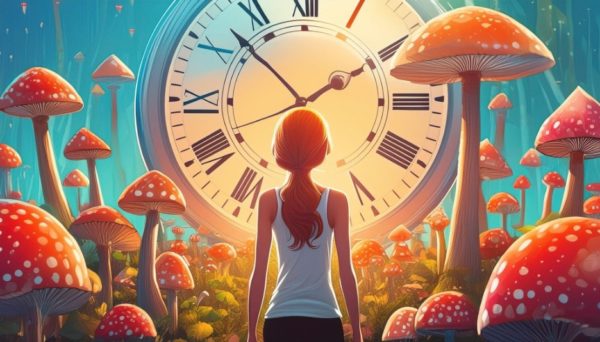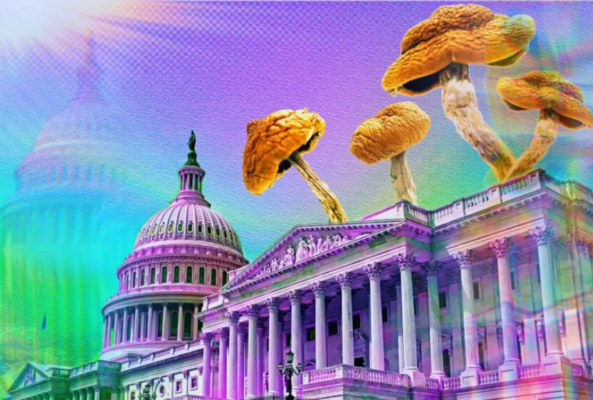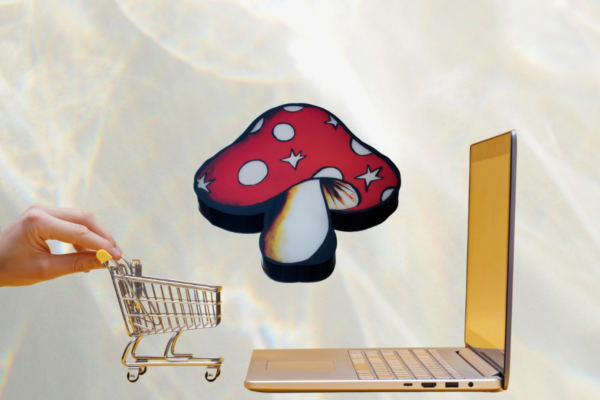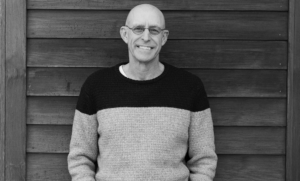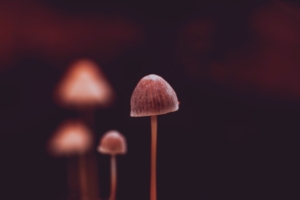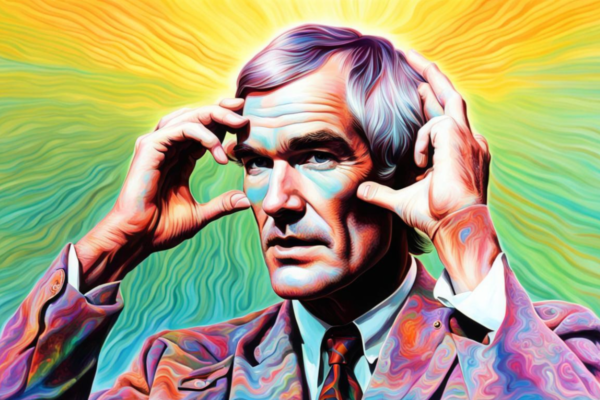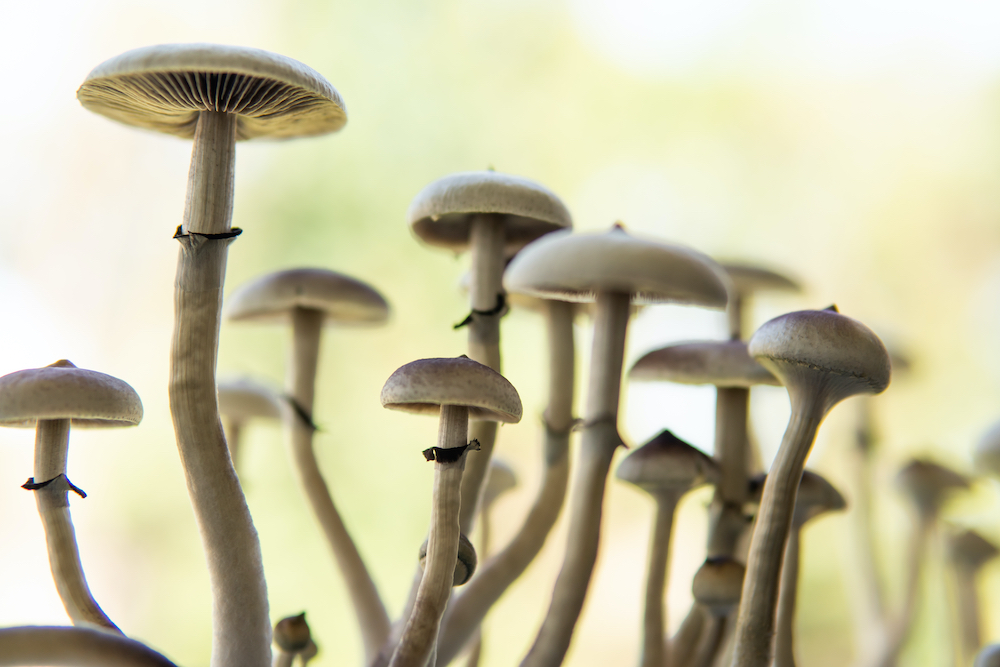
The antidepressant effects of psilocybin, the psychoactive chemical in so-called magic mushrooms, appear to work not only in hallucinogenic doses of the medicine but also at lower, non-psychedelic doses, according to researchers with the University of Maryland School of Medicine (UMSOM).
The study is based on animal models. But researchers say that if the results prove similar in humans as well, non-hallucinogenic psilocybin therapy could become a beneficial fast-acting antidepressant.
In order to determine the effects of psilocybin on depression using laboratory mice, researchers measured the animals’ ability to work for rewards, such as choosing to drink sugar water instead of plain water. For the study, they used a mouse model of depression in which mice were stressed for several hours a day for 2-3 weeks. Much like stressed and depressed humans, the stressed mice lost interest in pleasurable rewards, such as the sugar water. But after receiving a small dose of psilocybin, the mice regained their preference for sugar water, demonstrating that the psychedelic medicine restored their pleasure response.
Psilocybin, currently restricted as a Schedule I drug, has shown promise in clinical trials for treating mental health conditions including depression. But all clinical trials, to date, have used hallucinogenic doses and required participants are under the care of a guide during treatment. Psilocybin trips typically last 4 to 6 hours.
A non-hallucinogenic version of psilocybin could, theoretically, be taken in the comfort of one’s home without the need to stay at a facility for several hours or days.
Further, a version of psilocybin with low or no psychedelic effects could make it easier for the therapy to jump through regulatory hurdles and gain marketing approval.
“These findings show that activation of the receptor causing the psychedelic effect isn’t absolutely required for the antidepressant benefits, at least in mice,” said Scott Thompson, PhD, Professor and Chair of the Department of Physiology at UMSOM and senior author of the study. “But the same experiment needs to be performed in depressed human subjects.”
